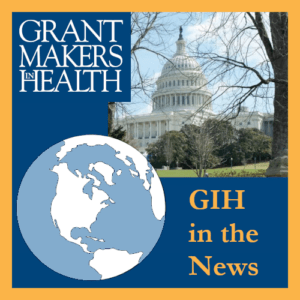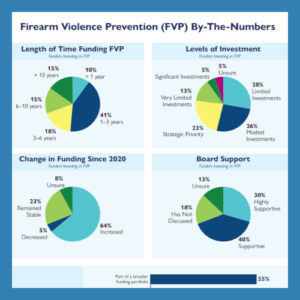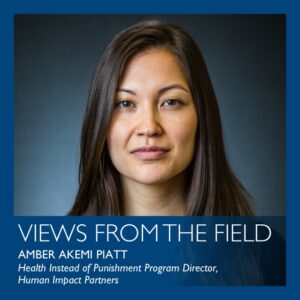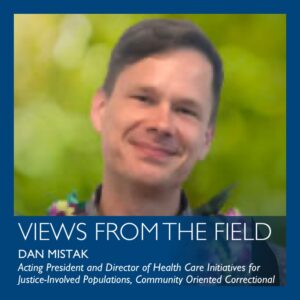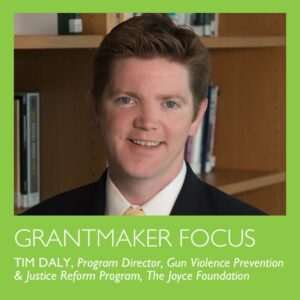Upcoming Events
Past Events
Explore Health Equity and Social Justice Topics
Recent Items - Climate and Environmental Health
Recent Items - Health Equity
Recent Items - Healthy Eating/Active Living
Kate B. Reynolds Charitable Trust: October 2025
Recent Items - Housing
Marin Community Foundation: October 2024
Horizon Foundation: September 2024
Recent Items - Justice Reform
Recent Items - Social Determinants of Health
North Carolina Healthcare Foundation: January 2026
Marin Community Foundation: October 2024
Recent Items - Violence Prevention
The Joyce Foundation
Latest Resources
What Do We Stand For?
One year ago, as we were just one month into the new administration, I wrote that “At a moment when so much has been described as ‘unprecedented,’ and so much of what we value is being attacked, we need to ask ourselves as individuals, organizations, and a field, what do we stand for? What values do we hold, and what will we do and say to defend them?” Today, the answers to these questions are needed more urgently than ever.
Medicaid and Community Violence: Pathways to Sustainable Care
American cities are witnessing historic declines in gun violence. In recent years, cities like Baltimore, Philadelphia, and Chicago have all seen precipitous drops in homicides, with some reaching multi-decade record lows (Washington Post 2025). While there are many causes of this decline, experts in the field point to community violence intervention as driving the trend.
Blue Cross Blue Shield of Massachusetts Foundation: January 2026
Blue Cross Blue Shield of Massachusetts Foundation released a chart pack which provides an overview of the public coverage programs in Massachusetts, explains the key Medicaid and Marketplace provisions in H.R.1, and elevates what is known about how these provisions will impact the coverage landscape and the health care delivery system in Massachusetts.
Practicing What We Preach: Three Tips for Putting Equity at the Heart of a Successful Application Process
Every step of the grant application process
— from initial outreach to final award notification — provides opportunities for funders to either reinforce inequities or dismantle them. The grant application process is often the first barrier that organizations encounter when seeking funding. If designed without an intentional focus on equity, the application process can advantage well-resourced organizations, while disadvantaging equally or better qualified organizations that have fewer resources.
Closing Remarks: 2025 Health Policy Exchange
President and CEO of Grantmakers In Health (GIH), Cara V. James, delivered closing remarks at the 2025 Health Policy Exchange, “Protecting the Freedom to Give” in Arlington, Virginia.
The Role of Health Philanthropy in Improving Maternal Health for Underserved Populations
Although the United States is a high-income nation, it experiences a significant burden of maternal mortality incidence relative to other countries. In 2023, non-expansion Medicaid states had 27.7 percent higher pregnancy-related deaths than expansion states. The COVID-19 pandemic also exacerbated racial disparities in pregnancy-related deaths. Historically, marginalized populations, including low-income populations and Black and Indigenous communities are more vulnerable to preventable pregnancy-related deaths.
Reports and Publications
Creating Public Will to End Racial and Ethnic Health Disparities
Each year disparities in health status and health care take a toll on members of racial and ethnic minority groups that translates into preventable illness and death. If the United States eliminated the black-white mortality gap alone, it has been estimated that as many as 84,000 deaths could be prevented annually.
Pathways Out of Poverty: Exploring New Directions for Health Funders
The links between poverty and poor health are undeniable, yet complex. While health funders recognize poverty as a root cause of poor health, some may be unsure about how to translate that knowledge into action.
Pathways to Community Health: Funders Supporting Biking and Walking Trails to Promote Physical Activity
Currently, more than half of U.S. adults do not engage in enough physical activity to provide health benefits, and one in four is not active at all during leisure time. Walking, riding bikes, and playing outside are not options when neighborhoods and parks are unsafe or if there are no sidewalks or bike trails.
Strengthen your knowledge, skills, and capacity.
GIH focuses our programming around five areas that are critical to achieving better health for all.
We invite you to explore the resources available on our focus areas pages, browse content in more specific issue areas, and to connect with GIH staff to discuss how we can partner and support your work.




